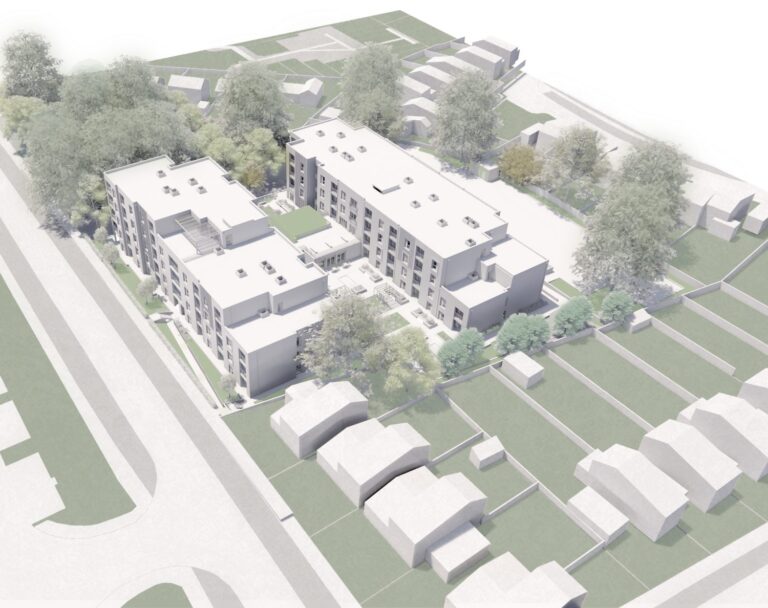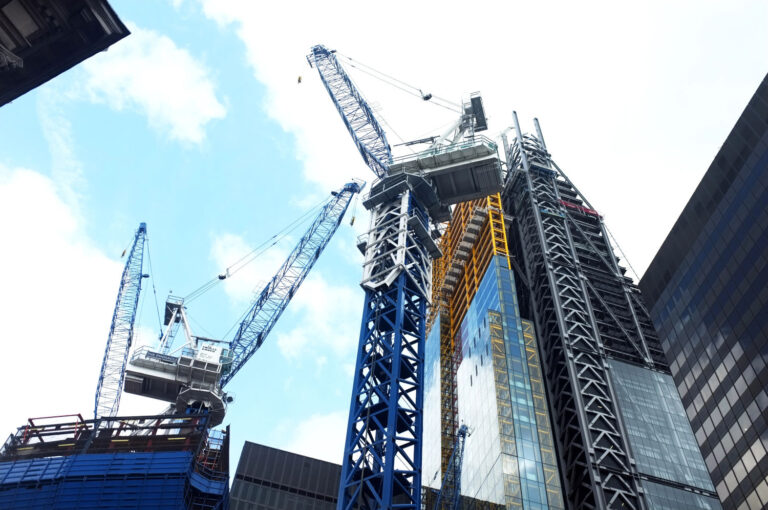Biodiversity
Biodiversity, Ecology, Tree and Protected Species Surveys for Planning
Preserving the natural world is vital for the environment and your development. For planning applications, you’ll need ecological surveys at the earliest stage for a smooth and efficient process. We offer a range of ecology surveys that consider a wide variety of habitats and species. We undertake tree surveys reviewing impact and mitigation on all kinds of development challenges.
When it comes to protected species, our qualified ecologists have experience with everything from breeding birds and bats to reptiles and badgers and can offer authoritative support and assessment on protection status, activity patterns and other related development considerations. We advise on how to avoid, mitigate and compensate for protected species so that you can risk assess your development and deliver the necessary plans that comply with regulation and achieve a healthy ecosystem.
Ecological Surveys include:
- Protected Species Surveys such as Breeding Birds, Bats, Water Voles, White Clawed Crayfish, Badgers, Great Crested Newts, Reptiles, Dormice
- Pre-Acquisition Tree and Biodiversity Surveys
- BS 5837:2012 Tree Surveys, EIA, HRA and Tree Constraints Plans
- Arboricultural Implication Assessments (AIAs)
- Arboricultural Method Statements and Tree Protection Plans
- Ecological Impact Assessment (ECIA)
- Preliminary Ecological Appraisal (PEA)
- Extended Phase 1 Habitat Surveys
Ecology for BREEAM
Biodiversity Metrics: Biodiversity Net Gain and Urban Greening Factor
The protection and enhancement of biodiversity should be a key consideration for every potential development. We carry out comprehensive biodiversity calculations at your site and then work closely with all the teams on your project to ensure habitat retention, enhancement and creation is delivering a 10% Biodiversity Net Gain to meet the Environment Act which is becoming mandatory in 2023. There is a requirement to show a measurable gain and we can work with the team testing a several calculation scenarios to facilitate a design led approach. If your plan needs approval from the Greater London Authority you’ll need to undertake calculations for the Urban Greening Factor for both residential and commercial developments and this can be completed simultaneously.
Mitigation and Management Plans
Making plans to minimise your ecological impact is a crucial part of the construction phase of a project. We carry out a range of assessments to help you understand the impact you’re making, how you can reduce it, and the measures you can take to positively enhance the ecological status of your site.
Surveys include:
- Ecological Constraints and Opportunities (ECOP)
- Ecological Clerk of Works (ECOW)
- Management Plans (LEMP and CEMP)
- Biodiversity Management Plans
- Construction Educational Workshops
Habitat Regulations Assessments and Appropriate Assessment
We have a team of ecologists who can undertake Habitat Regulations Assessments including relating to Nutrient Neutrality, water extraction, recreational and bats. Any development project which has the potential to have a ‘likely significant effect’ on a European designated site in England and Wales may be subject to a Habitat Regulations Assessment. The Habitat Regulations Assessment is submitted to the Competent Authority who decide where there is enough evidence to conclude that the development project will not have an adverse effect on the site’s integrity.
Built Environment
Integrate sustainability into your projects from the start and avoid careless reliance on landfill, high carbon footprints and low sustainability materials.
Understand the perspective of various stakeholders about the function of your building, its efficiency and what needs improving.
Evaluate the total environmental impact of your product or project with Life Cycle Assessments.
Related Insights

Life Cycle Assessment and Life Cycle Costing: Minster Close
This Case Study explores the Life Cycle Assessment and Life Cycle Costing of Hatfield’s Minster Close.

BREEAM 100% Assessment: Nova, Oxford
Eight Versa recently acted as the BREEAM consultant on the UK’s first ever 100% BREEAM Certification.

Avoiding Compliance Tunnel Vision
The UK is currently meeting only half of its housing supply targets. In this article we explore the challenges faced and a better approach to planning.

